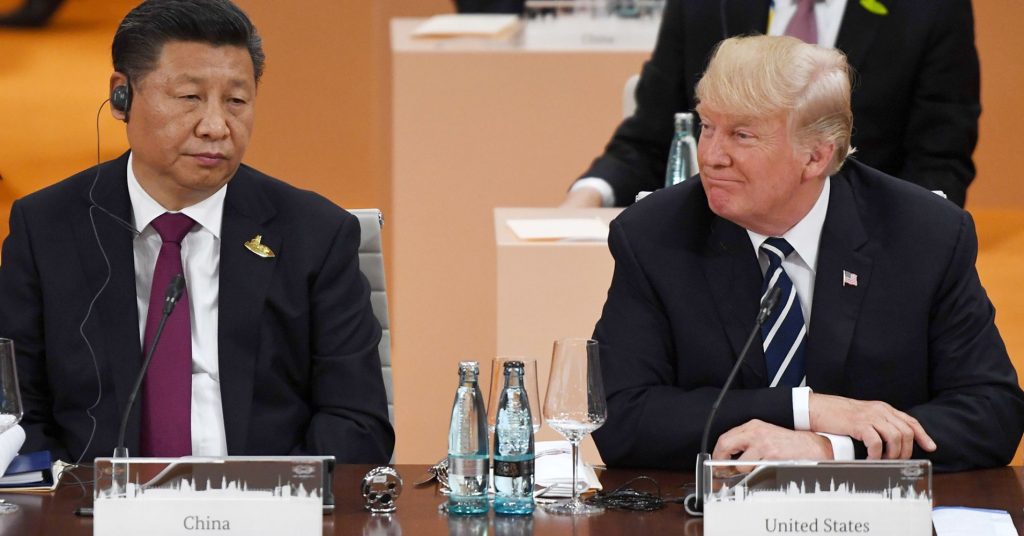
Amid the turmoil in global markets caused by a sharp decline in the Turkish currency, investors are carefully watching the links between the embattled economy and Asia Pacific countries.
Six Asian countries are among Turkey’s top 20 sources of imports — with China topping the list, IHS Markit wrote in a report on Friday. The rest are South Korea, India, Japan, Malaysia and Vietnam.
“The Turkish economic crisis and slumping lira will impact on bilateral trade, as the cost of imported goods will rise significantly in Turkish lira terms due to the sharp currency depreciation this year,” said IHS Markit Asia Pacific Chief Economist Rajiv Biswas.
For instance, the steep depreciation of the lira will likely hurt Turkish orders for Malaysian products this year and in 2019, the report said.
The lira has lost more than 40 percent of its value against the dollar this year, sparking fears of contagion and a sell-off in emerging markets’ currencies and stocks — particularly if Turkish officials move to introduce capital controls in an effort to stem the bleeding.
Such a sell-off could be an even more significant risk to Asia Pacific nations than trade slowdowns, Biswas said, because it could spark fear in investors, triggering “significant” outflows from emerging markets.
India would be one of the emerging markets more at risk to global shocks, Biswas said. The Indian rupee is exposed to foreign investors pulling their money out from investments such as stocks and bonds — as is Indonesia, according to the report.
“An important source of vulnerability for Indonesia relates to potential hot money outflows because of the high share of foreign ownership in the local equities and bond markets,” Biswas wrote.
Foreign ownership of rupiah-denominated government bonds is about 40 percent, with 45 percent for corporate debt. Foreigners also hold 61 percent of total general government debt, he said.
In South Asia, several nations are facing external debt problems, such as Sri Lanka and Pakistan, Biswas wrote.
On the other end of the spectrum, economies such as South Korea, Taiwan and Thailand are relatively resilient due to sound macro-economic fundamentals and substantial foreign currency reserves, he said.
But it’s not all bad news. Overall, Asian nations should be able to better weather external volatility because their domestic economies are in better shape compared to five years ago, said Tuan Huynh, Deutsche Bank Wealth Management’s chief investment officer for Asia Pacific.
This means that investors could have opportunities to buy into Asian emerging market stocks in the second half of the year amid expected volatility, said Tuan.
Asian emerging markets also generally have less debt, and less exposure to the U.S. dollar, pointed out Dave Lafferty, chief market strategist at Natixis Investment Managers.
— CNBC’s Sam Meredith contributed to this report.

